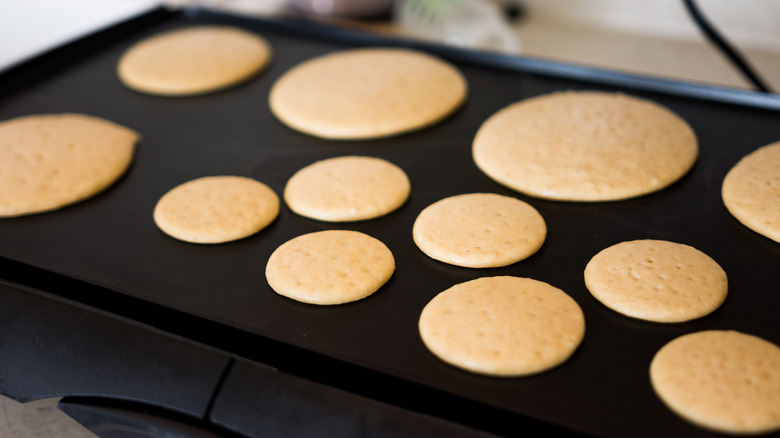How to Care for Silicone Tips on Tools for BBQ Enthusiasts
Written By James Morgan
For barbecue enthusiasts, the tools you use can make or break your grilling experience. Among the vast array of tools, those with silicone tips have become increasingly popular due to their heat resistance, flexibility, and non-stick properties. But, just like any other tool, they require proper care to maintain their usability and longevity. So, how do you care for silicone tips on tools effectively?
In this comprehensive guide, we'll delve into everything you need to know about maintaining your silicone-tipped tools. Whether you're flipping burgers on a Saturday afternoon or searing steaks for a weekend feast, these tips will ensure your tools remain in top-notch condition.

The Importance of Proper Maintenance
Silicone-tipped tools are a staple for any grilling aficionado. Their unique properties make them ideal for handling hot, sticky, or delicate foods without causing damage. However, neglecting their maintenance can lead to deterioration, affecting their performance and lifespan. Understanding how to care for silicone tips on tools is crucial for anyone serious about their BBQ game.
Daily Cleaning Routine
Every time you use your silicone-tipped tools, make sure to clean them thoroughly. Start by rinsing them under warm water to remove any food particles. Use a mild dish soap and a soft sponge to clean the silicone tips, ensuring that all residues are removed. Avoid using abrasive materials that could scratch or damage the silicone surface.
For those stubborn bits of food stuck on the silicone tips, consider soaking the tools in warm, soapy water for a few minutes before scrubbing. This will help loosen any debris, making it easier to clean without damaging the silicone.
Deep Cleaning Tips
Aside from regular cleaning, it's important to perform a deep cleaning every once in a while. This involves inspecting the silicone tips for any signs of wear or damage, such as cracks or discoloration. If you notice any issues, it might be time to replace the tips to ensure optimal performance.
To deep clean, fill a sink or a large basin with warm water and add a few drops of white vinegar. The vinegar acts as a natural disinfectant, removing any lingering bacteria or odors. Let the tools soak for about 10-15 minutes, then rinse thoroughly with warm water before drying them completely.
Storage Solutions
How you store your silicone-tipped tools can also impact their durability. Ensure they are completely dry before storing them to prevent mold or mildew growth. Store them in a cool, dry place, away from direct sunlight, which can cause the silicone to become brittle over time.
Using a dedicated utensil holder or hanging them on a rack in your kitchen or grilling area is a great way to keep them organized and accessible. This also prevents them from being scratched or damaged by other tools or utensils.
Additional Tips for Longevity
Avoid exposing silicone tips to open flames or placing them too close to the heat source for extended periods. While silicone is heat resistant, excessive exposure to high temperatures can cause it to degrade faster. Always use silicone-tipped tools as intended to prolong their life.
Consider investing in high-quality silicone-tipped tools, as these are generally more durable and reliable. Remember, taking proper care of your grilling tools not only enhances your cooking experience but also ensures safety and hygiene.
Related Resources
For more tips on maintaining your grilling tools, check out this guide on cleaning griddle tools. Additionally, learn how to keep spatula edges smooth to complement your silicone tips.
If you're looking for the best accessories to complement your silicone-tipped tools, visit this comprehensive guide on grill accessories.

FAQs
How often should I replace silicone tips on tools?
It's recommended to replace silicone tips when you notice signs of wear such as cracking, discoloration, or if they no longer perform as expected. Regular inspection during deep cleaning can help identify when replacements are needed.
Can I use bleach to clean silicone tips?
No, it's best to avoid using bleach or other harsh chemicals on silicone tips as they can damage the material. Instead, opt for mild dish soap and natural disinfectants like vinegar.
Are there any specific storage tips for silicone tools?
Yes, ensure the tools are completely dry before storing them. Use a utensil holder or hang them to avoid scratches and keep them in a cool, dry place away from direct sunlight.
This article contains affiliate links. We may earn a commission at no extra cost to you.



